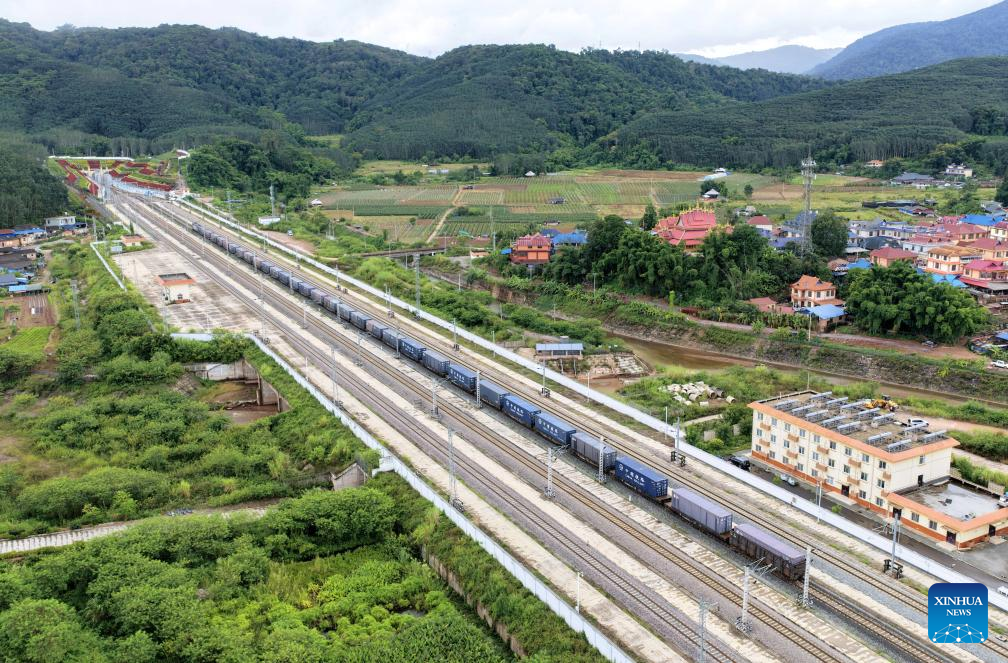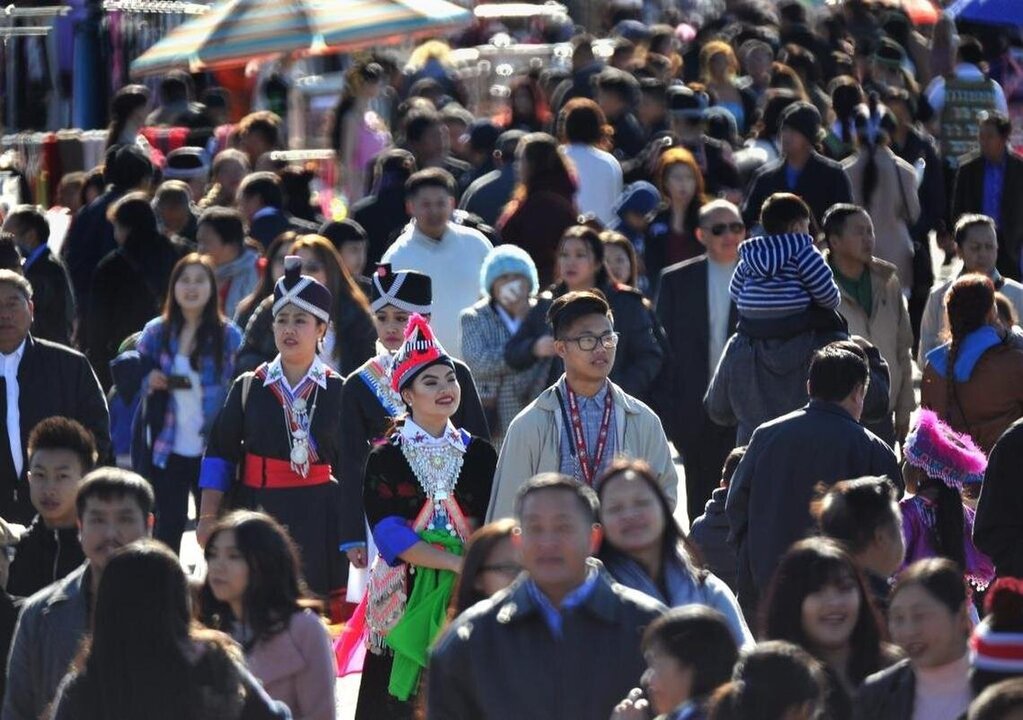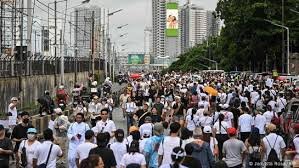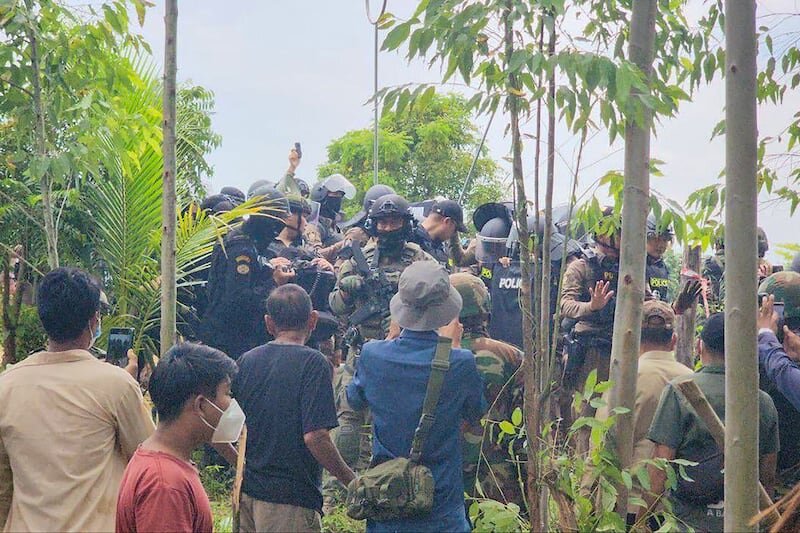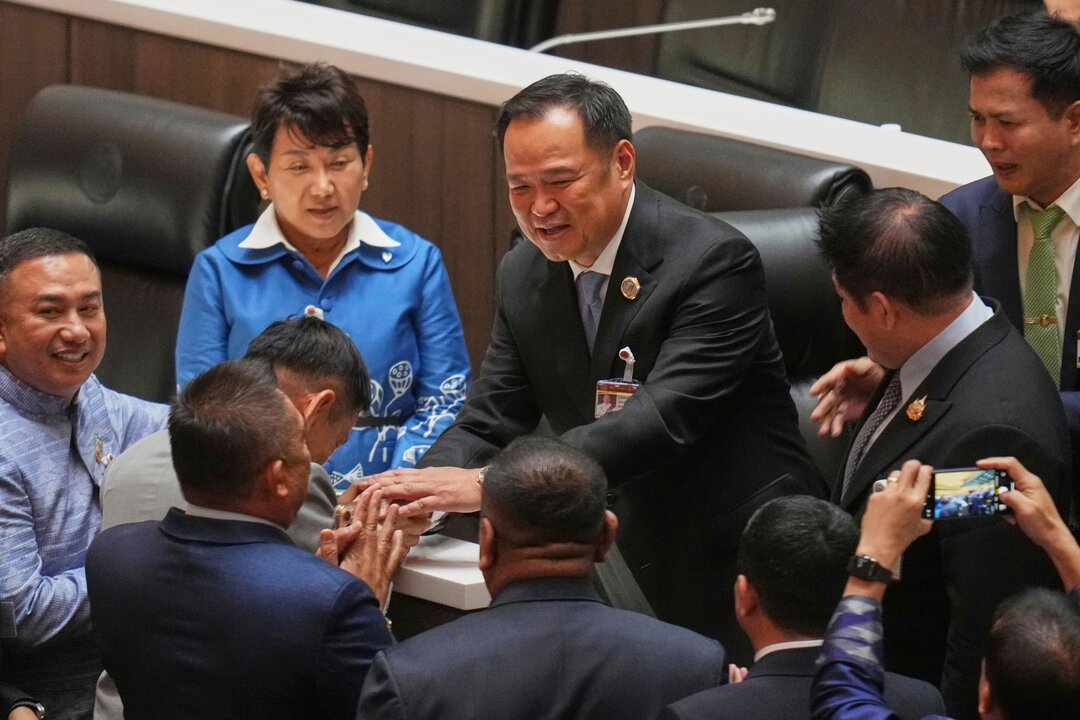New regulations force biometric verification or face account deletion; lawmakers say anti-fraud goal, critics warn of exclusion risks
Vietnam is set to terminate more than eighty-six million bank accounts from September first because they have not been biometrically authenticated or have remained inactive for a long time, the State Bank of Vietnam has announced.
There are about two hundred million bank accounts in the country in total, meaning a substantial portion of personal and organizational accounts will be affected.
The biometric rules require face scans, fingerprints, or IDs with embedded chips and authenticated ties to the national ID database.
Any user who fails to update by January first, 2025 will be restricted, and after September first (once clean-ups begin) banks will delete non-compliant accounts.
Transfers above ten million Vietnamese dong (around three hundred ninety US dollars) already require biometric verification.
Daily transaction limits also trigger the requirement when thresholds are exceeded.
Banks have been notifying customers, including foreign residents, to register biometric data through apps or in branches.
Officials say the measures are part of a broader strategy to fight fraud, dormant or fake accounts, and cybercrime.
They argue it will strengthen security in payment systems and protect customers.
However, concerns are mounting that many account holders may be excluded unintentionally—especially older people, those in remote regions, or foreigners without chip-embedded citizen ID cards.
There are also worries over privacy, possible misuse of biometric data, and what happens to funds or balances left in deleted or frozen accounts.
Vietnam’s push is part of the government’s digital identity infrastructure and cashless payments agenda, which includes the VNeID system and tighter verification across banking and payment services.
As the country moves forward, its policies are being watched closely both for models of fintech regulation and for warnings about state power over personal data.
There are about two hundred million bank accounts in the country in total, meaning a substantial portion of personal and organizational accounts will be affected.
The biometric rules require face scans, fingerprints, or IDs with embedded chips and authenticated ties to the national ID database.
Any user who fails to update by January first, 2025 will be restricted, and after September first (once clean-ups begin) banks will delete non-compliant accounts.
Transfers above ten million Vietnamese dong (around three hundred ninety US dollars) already require biometric verification.
Daily transaction limits also trigger the requirement when thresholds are exceeded.
Banks have been notifying customers, including foreign residents, to register biometric data through apps or in branches.
Officials say the measures are part of a broader strategy to fight fraud, dormant or fake accounts, and cybercrime.
They argue it will strengthen security in payment systems and protect customers.
However, concerns are mounting that many account holders may be excluded unintentionally—especially older people, those in remote regions, or foreigners without chip-embedded citizen ID cards.
There are also worries over privacy, possible misuse of biometric data, and what happens to funds or balances left in deleted or frozen accounts.
Vietnam’s push is part of the government’s digital identity infrastructure and cashless payments agenda, which includes the VNeID system and tighter verification across banking and payment services.
As the country moves forward, its policies are being watched closely both for models of fintech regulation and for warnings about state power over personal data.






